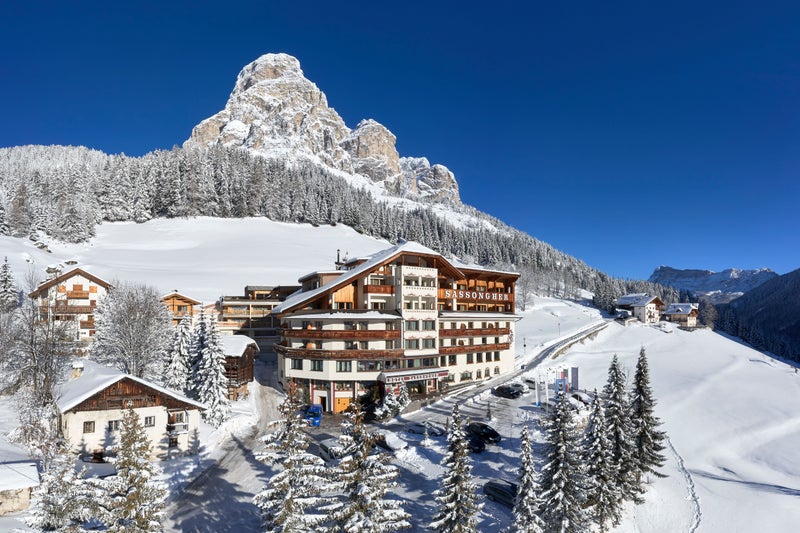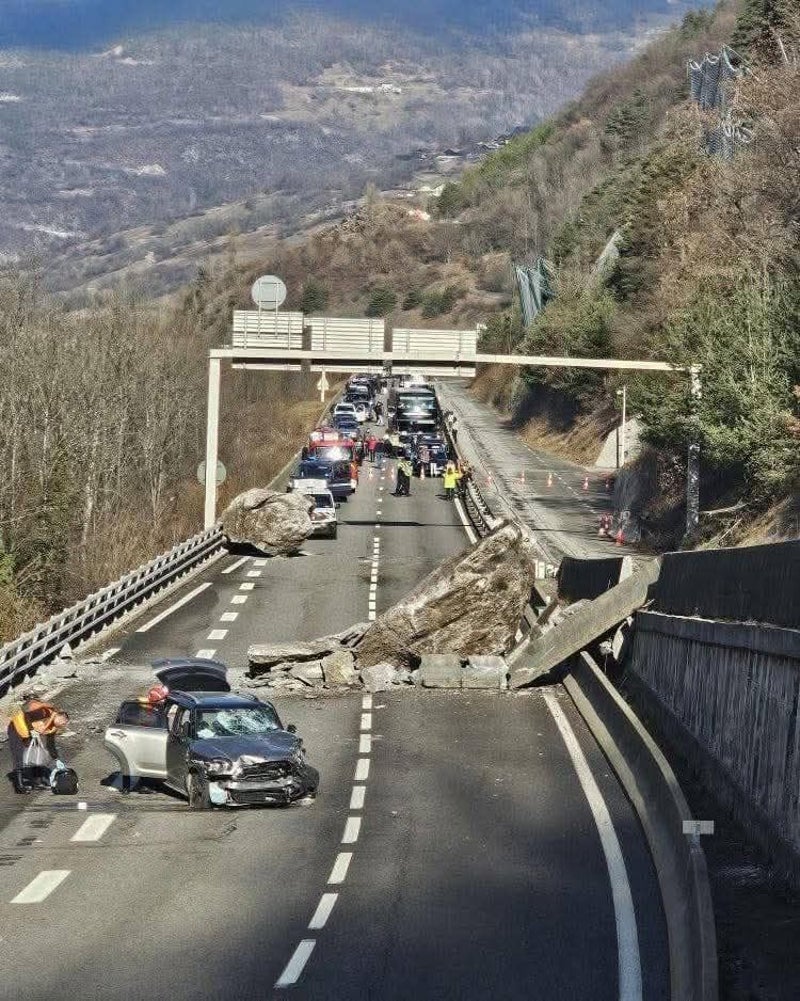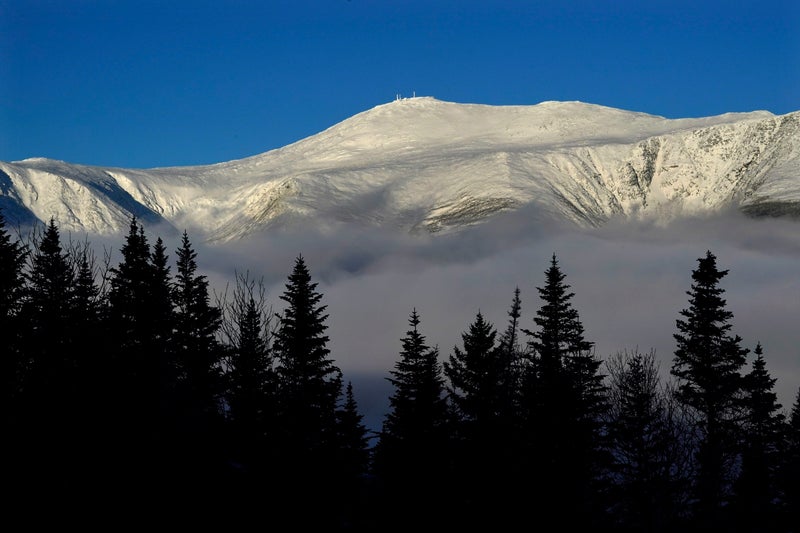Why skiing can play havoc with your periods: Top gynaecologists reveal how you can avoid cramps and injuries on the slopes this winter
Why skiing can play havoc with your periods: Top gynaecologists reveal how you can avoid cramps and injuries on the slopes this winter
Share:
You may have thought about how getting your period on your winter ski holiday could ruin your week on the slopes. But did you know that skiing itself has the power to mess with your menstrual cycle?. As we enter peak piste season, it’s worth considering what you can do to stop your holiday wreaking havoc on your cycle. Here are a few questions to consider... Your periods ‘can be modified by physical, physiological and emotional stress, all of which can occur at high altitude’, according to a report by the International Mountaineering and Climbing Federation (known as the UIAA). ‘Menstruation can be blocked up, longer, shorter, or irregular,’ it says.
![[The cold, exercise and jet lag can all interfere with your menstrual cycle (file photo)]](https://i.dailymail.co.uk/1s/2025/01/31/11/94720671-14346155-image-m-14_1738323011756.jpg)
Gynaecologist Dr Molly McBride, founder of slannyc.com, says that skiing at high altitude can affect menstrual cycles ‘due to the combined effects of physical exertion and hyperbaric hypoxia (a condition where the body is exposed to low oxygen levels while under increased atmospheric pressure). High altitude exposure is known to influence various aspects of female reproductive health, including menstrual cycle regularity and hormone levels.’.
Dr Claire Merrifield, GP and medical director at Selph, says very high altitudes of around 4,000m above sea level can affect the hormonal profile of a normal menstrual cycle. ‘Very high altitudes of around 4,000m above sea level can affect the hormonal profile of a normal menstrual cycle,’ says Dr Claire Merrifield, GP and medical director at Selph (selph.co.uk). Practically, this means that periods may be shorter or longer or more irregular, although women on a short skiing holiday at high altitude are unlikely to notice any significant changes.’.
The UIAA says that your period might be affected by several other factors during a skiing holiday, as your environment and behaviour are radically different from normal. The cold, exercise and jet lag can all interfere with your cycle. Period pain, for example, has been found to increase with exposure to cold. Travel across time zones can throw off your body’s circadian rhythms, which can lead to longer or shorter cycles than usual, a skipped period or a heavier or lighter period than you are used to.
During a day of skiing, you can burn thousands of additional calories, and significant weight loss in a short space of time can lead to heavy periods or periods stopping. The cold, exercise and jet lag can all interfere with your menstrual cycle (file photo). Female recreational skiers are more likely to experience injuries to their anterior cruciate ligament (ACL) in their knee during their menstrual cycle, according to a study in the journal of the French Society for Orthopaedic Surgery and Traumatology.
Such injuries are more than twice as likely during the pre-ovulatory phase (when the ovaries mature eggs in preparation for ovulation) than the time immediately after ovulation. Research published last year from University College London, the University of Bath and St Mary’s University found that female football players were six times more likely to experience a muscle injury in the days leading up to their period - the premenstrual phase - compared with when they were on their period.
However, other research has found that overall athletic performance stays about the same throughout the menstrual cycle. And there is some evidence that exercising – including skiing – during menstruation can soothe cramps and PMS symptoms. Dr McBride recommends acclimatising gradually by spending a few days at intermediate altitudes before going higher and maintaining good nutrition and hydration throughout your trip.












